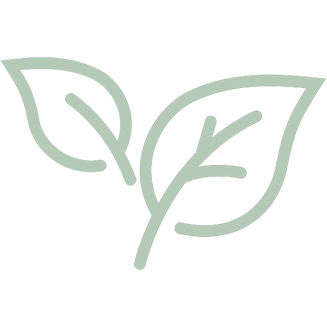Looping at Flinders
From the beginning of 2016, Flinders will change the way transitions occur for children from birth to three. Rather than the traditional annual transition to a new house with new educators, next year groups of children and educators will largely transition together in a process called looping. Put simply, looping keeps groups of people together for the first three years of a child’s life, so that whilst the setting may change (Baby House to Toddler House, Toddler House to May Mills House) the people, and most importantly the relationships, remain the same. Children and educators from Baby House go to Toddler House, then to May Mills House, then educators go back to Baby House to begin the looping process again. Contemporary research shows the significance of consistent relationships for children in the first three years of life. In early childhood environments, this consistency is often achievable due to traditional developmental systems, which move children into the next building as soon as they reach a certain age or developmental milestone. In the traditional system, a child who begins attending Flinders in Baby House would typically undergo three or four transitions by the time they are three. This means building relationships, establishing trust, and developing confidence three or four times. Whilst many children and families manage this well, and whilst our educators are extremely skilled at supporting children and families through this process, it remains a stressful time. Maintaining the majority of the educator team as the children transition eliminates one of the ‘unknowns’ forRead more
